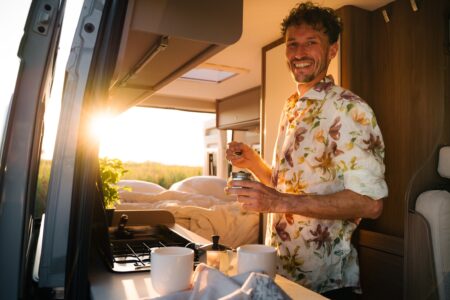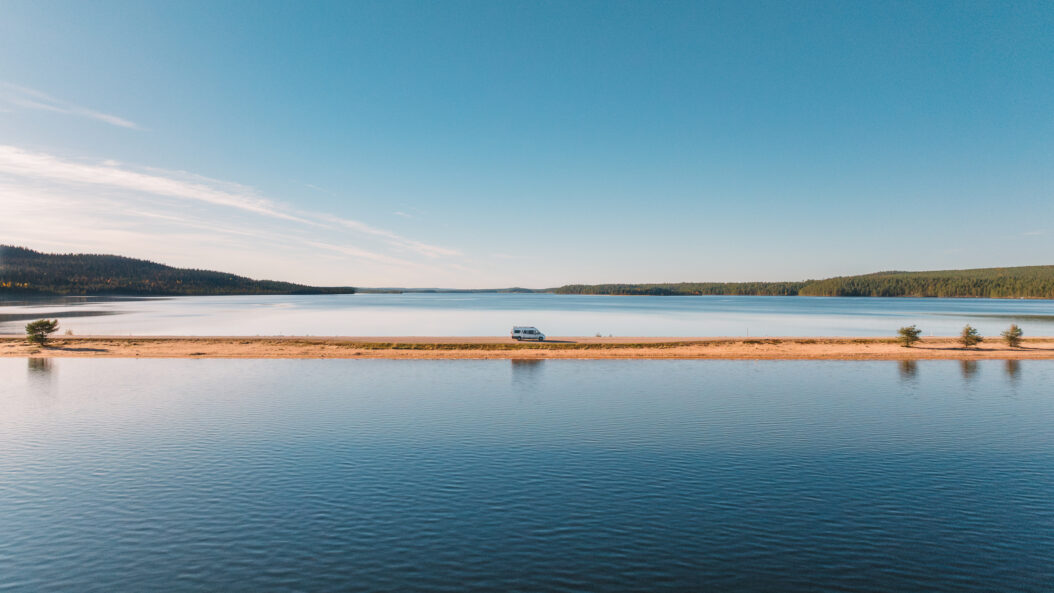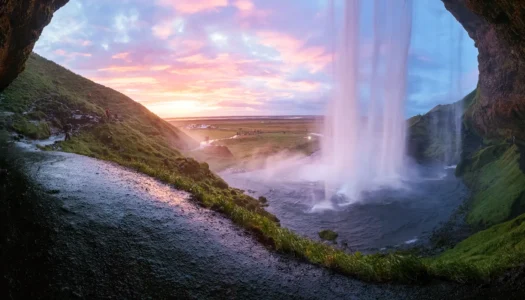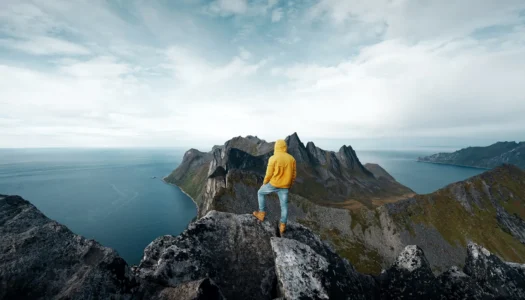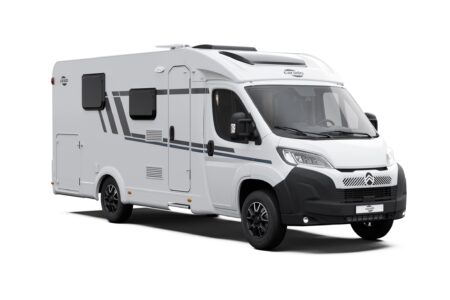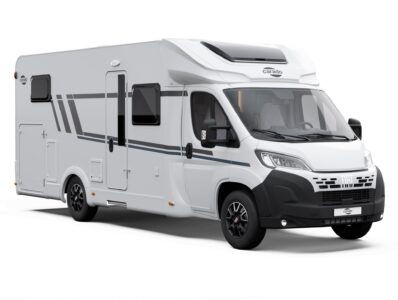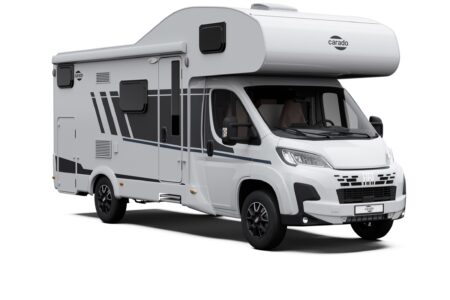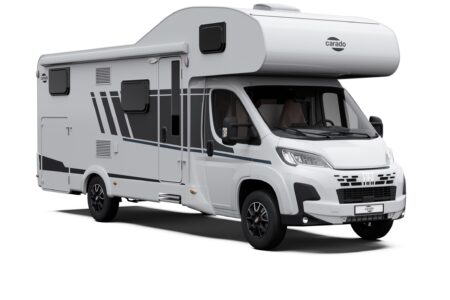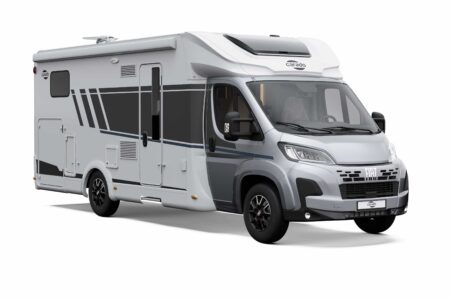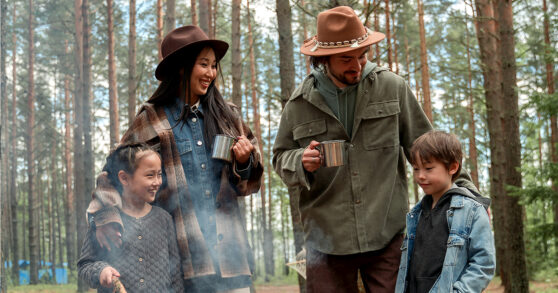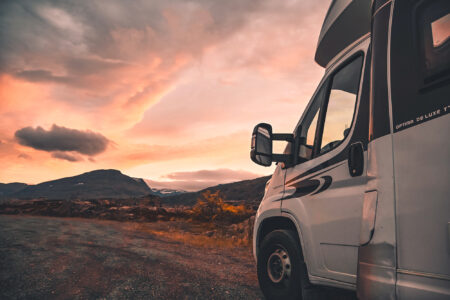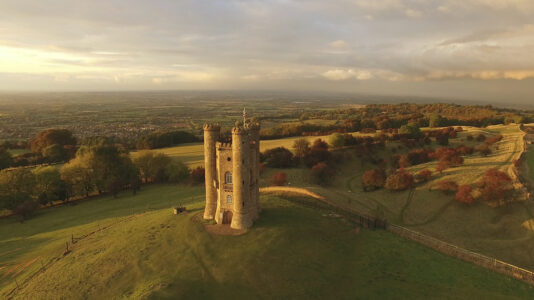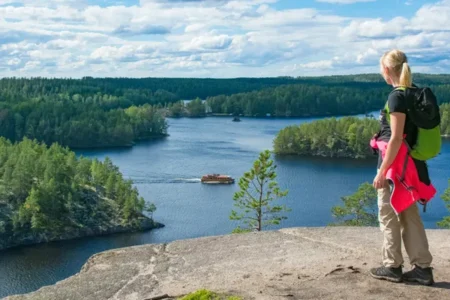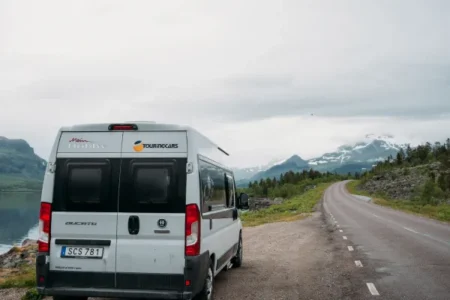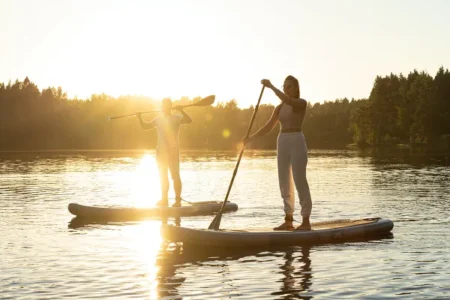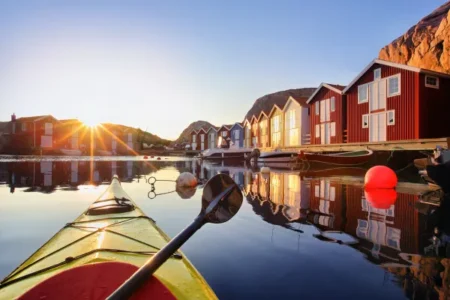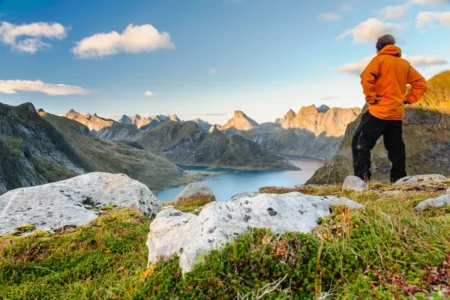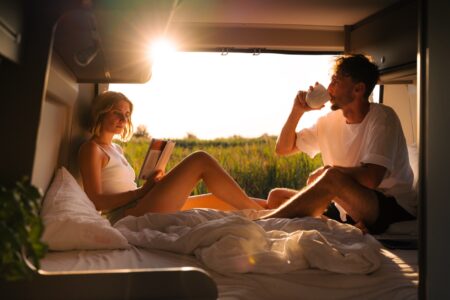The Road is Yours
Book your motorhome holiday today!
Touring Cars - Motorhome rental
Enjoy premium life on the road in the Nordics or the UK with a trusted brand. Explore Europe at your own pace in our top-quality rental motorhomes or compact campervans – fully equipped for your comfort.
Start from one of our 8 rental stations across 6 countries and enjoy exceptional service rooted in Finnish quality and reliability, with superior German vehicles.
Book your five-star hotel room on wheels – and set off on an adventure filled with good feelings.
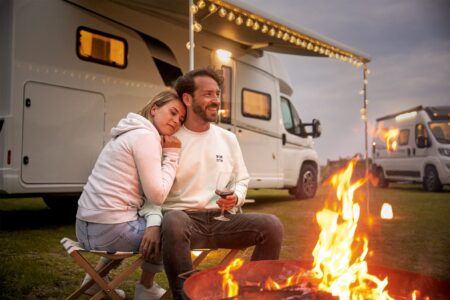
See why customers review us highly
Route suggestions
Your Trusted Motorhome Service Provider in North-Europe
Touring Cars is one of the oldest motorhome service providers in North-Europe offering customized vehicle rentals and campers for sale. Our journey began back in 1982 in Finland and over the years, we have grown into a major player in the European motorhome industry.

